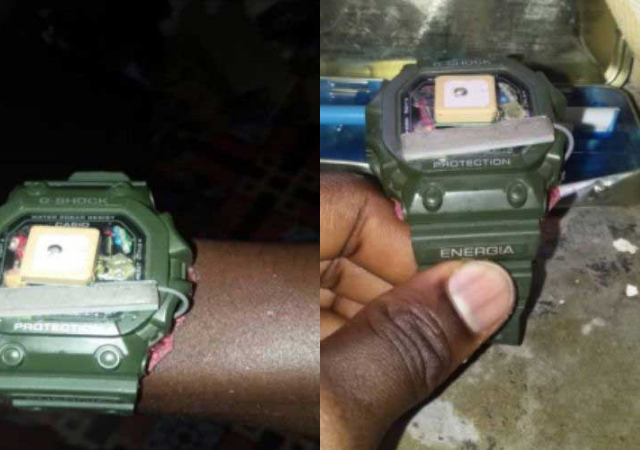
A group under the direction of Professor S.B Junaidu at the computer science department of Ahmadu Bello University in Zaira has finally created a working prototype of a Wearable eBand Tracking System that is supported by the Nigerian Communications Commission and tracks pilgrims’ locations in real time to keep them from fleeing during the Hajj.
This was stated in the final report, which the NCC received and which THE WHISTLER was able to obtain.
The N6.99m project was initially proposed in May 2016 and received commission approval two years later, in May 2018.
The project’s goal is to create a wearable eBand that can be used to monitor pilgrims during the yearly Hajj ritual, which can occasionally result in unforeseen circumstances.
The project was put on hold for about seven months as the team only received 10% of the payment on March 12, 2019 despite the NCC paying up to 40% of what the team requested into the University’s account.
“The last communication we received from NCC was dated June 17, 2021 with reference NCC/R&D/ABU/015. In that communication, we were reminded that the Commission had disbursed the sum of N5,945,903 being 85 per cent of the Research Grant for the Stages 1, 2 and 3,” the report said.
The eBand recognizes a pilgrim and periodically transmits location data about the owner to the central database, according to the report obtained by Gistlover . The mobile reader can read the NFC tag that is also present on an eBand..
Additionally, in order for the wearable band, mobile app, and control server to communicate, the mobile app and eBand must send small messages (the pilgrim’s location) to the server.
An official can use the eBand to see a pilgrim’s movement history over time. Once a pilgrim has been located, the choice becomes available.
Additionally, it logs fundamental data elements like eBand identification details, basic medical information, next of kin, and registration with a pilgrim agency.
In order to provide an intending pilgrim with a special identification number, the report stated that pilgrim biodata is centrally managed.
After traveling to China, Dubai, and Malaysia, the designers were unable to create the final eBand design and were left with only a prototype.
“Without success, we spent the last few months looking into the viability of producing the final eBand design in China, Dubai, and finally Malaysia. We resorted to assembling off-the-shelf components to create the eBand prototype in order to avoid further project delays, according to the report.
The project was presented to the NCC by a team made up of Dr. Mohammed Kyari, Dr. Lawal Moriki, and Abubakar Daudu.


